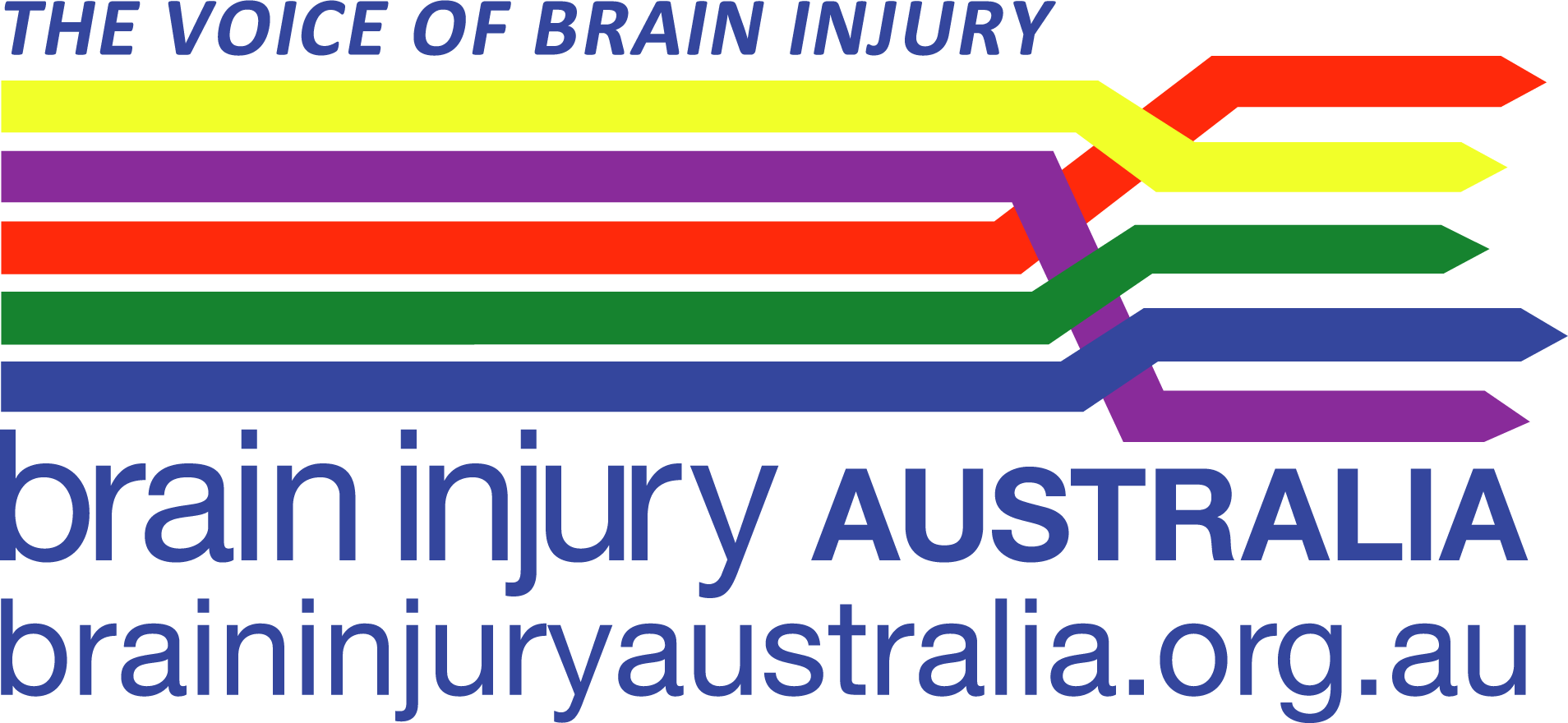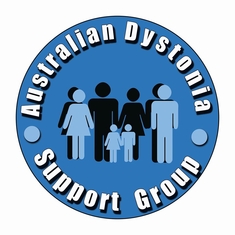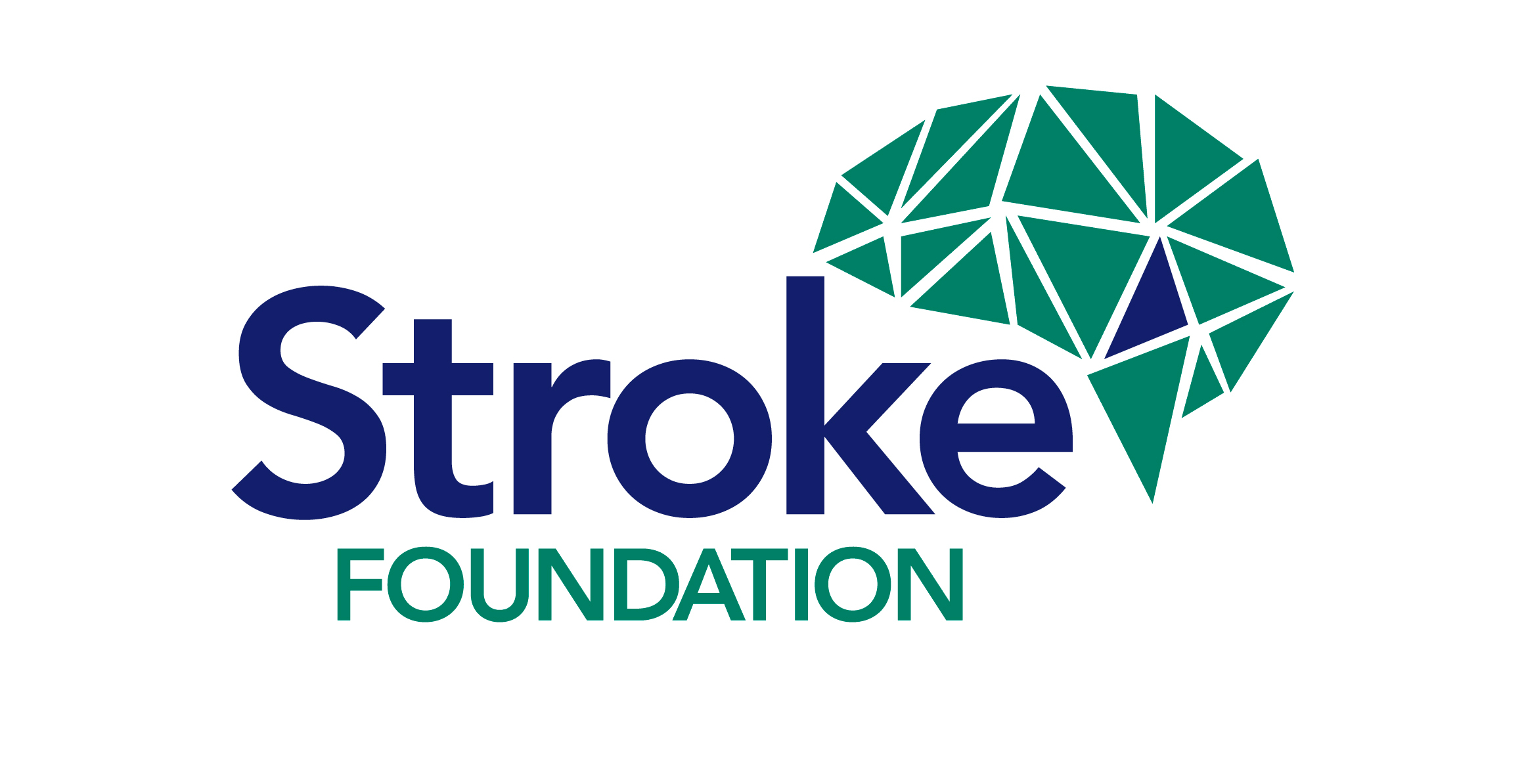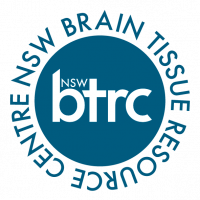02 Mar Patient Resources Directory 2023
At the Brain Foundation, we fund research into many different types of brain diseases, disorders and injuries. We do our best to educate people about these conditions, but you might still have questions – for example, questions about NDIS access or finding a support group near you.
We partnered with some fantastic Australian organisations that exist to support the patient community. We also asked a few members of our community for recommendations on patient resources based on their lived experience with brain disorders.
National Assistance Card
The National Assistance Card is a personalised card to assist people with disability and health conditions in the community. The Card can be used in everyday and emergency situations to help cardholders communicate their unique areas of difficulty and the assistance they may need.

The Card can: give cardholders greater independence and assist them to feel more confident in everyday situations; provide peace of mind for families and carers; enhance community understanding of disability and health conditions; and support positive community interaction with cardholders.
The Card is available to all people in Australia living with brain injury. In Tasmania the Card is being trialled with the autistic community.
Brain Injury Australia
Founded in 1986, Brain Injury Australia is the national peak advocacy organisation representing the needs of the over 700,000 Australians with a brain injury, their families and carers. Alongside providing policy advice to governments, Brain Injury Australia also drives multi-year public awareness campaigns devoted to:

- The leading cause of death and disability in children who have been abused, inflicted traumatic brain injury – sometimes called “shaken baby syndrome”
- Concussion in sport; the leading cause of traumatic brain injury
- Falls – due to the ageing of populations in developed countries
- People with a brain injury in the criminal justice system – as many as 80 per cent of Australia’s adult prisoners report brain injury
- Women, domestic and family violence and brain injury
- An online support group on Facebook, with an active community of over 1300 members
- Email updates, notifications and communications
- Sharing of organised support gatherings, Dystonia information sessions or seminars
- Articles & information about Dystonia
- Updates on clinical trials & current research
- Flyers, posters & publications which are shared with members, the community & networks
- Dystonia Awareness Month in September
- Providing feedback to organisations & individuals to help them understand what is important to people with Dystonia & their loved ones
They build community awareness and foster new thinking and innovative treatments. They support survivors on their journey to live the best possible life after stroke. They are the voice of stroke in Australia and they work to:
- Raise awareness of the risk factors, signs of stroke and promote healthy lifestyles.
- Improve treatment for stroke to save lives and reduce disability.
- Improve life after stroke for survivors.
- Encourage and facilitate stroke research.
- Advocate for initiatives to prevent, treat and beat stroke.
- Raise funds from the community, corporate sector and government to continue their mission.
They support the advancement of medical research by collecting, characterising & storing brain tissue that can be used by researchers. NSW BTRC focuses on alcohol disorders, mental health disorders and healthy control tissue.
Some people living with a brain disorder, or who have a family member living with a brain disorder, choose to register as a brain donor so that they can support research & future generations.
Dystonia resources – Margot Chiverton
Margot Chiverton lives with cervical dystonia, and she spoke to us about her experience earlier this year. She also recommended a number of organisations & patient resources for other people living with dystonia:
Australian Dystonia Support Group – Facebook group, where you can talk to other people with dystonia.
Dystonia Network of Australia Inc. – This group provides seminars, expert video presentations, medically approved brochures & information.
Dystonia Medical Research Foundation – Very comprehensive information and research.
Dystonia UK – Information about living with dystonia.
Dystonia Europe – Raising awareness.
Disability resources – Andrea Nunn
Andrea lives with neurological disabilities due to epilepsy and Chiari malformation. She spoke to us about living with an invisible disability, specifically about some of the challenges in accessing the NDIS. She recommended a few organisations & websites that she found to be helpful and inclusive to people with neurological disabilities and conditions.
Spark Neurocare Support Coordination – An initiative of MND and Me Foundation & MS QLD. This organisation helped Andrea get approved for her first NDIS package. They help people with a range of neurological conditions to access support in Queensland.
MS Queensland’s NeuroAssist Line – This service gives people with MS and other neurological conditions information, resources, and support to access the NDIS. You can get in touch on 1800 177 591 or email info@msqld.org.au. Visit the MS Australia website to see the equivalent organisations in other states.
Chiari and Syringomyelia Australia – Support Group – This Facebook group helped Andrea through really difficult times in her life. Not much is known about Chiari and its associated conditions, to the point that even some doctors aren’t familiar with it. Support groups can help you better understand your condition & the full range of symptoms.
Epilepsy Queensland – This organisation has helped Andrea every step of the way, from her diagnosis until now. They hold regional workshops and have excellent educational officers.
Girl Guides Queensland – This isn’t specifically related to the brain, but friendship and community are a big part of recovery. Andrea is a unit helper in Toowoomba and she works with a friend that she met through Guides.
Forums (i.e. Reddit) – Forums and specific subreddits can sometimes be a great source of online community, particularly if you struggle to connect with people in person. Andrea recommends the ADHD & Disability subreddits. However, as with any online support group, it’s important to be aware of misinformation. Be wary of anyone sharing medical advice and always consult with your doctor when it comes to your health.
Further information & resources
We hope you find some of these patient resources helpful. If you’d like to find more patient support organisations, we list them in the articles in our disorder directory. Here are a few more articles you might be interested in:
- Disorder directory – Including over 70 brain disorders, diseases & injuries.
- Finding a neurologist – Helpful tips on how to find a specialist & how to prepare for your appointment.
- Patient stories






 The Brain Foundation is the largest, independent funder of brain and spinal injury research in Australia. We believe research is the pathway to recovery.
The Brain Foundation is the largest, independent funder of brain and spinal injury research in Australia. We believe research is the pathway to recovery.